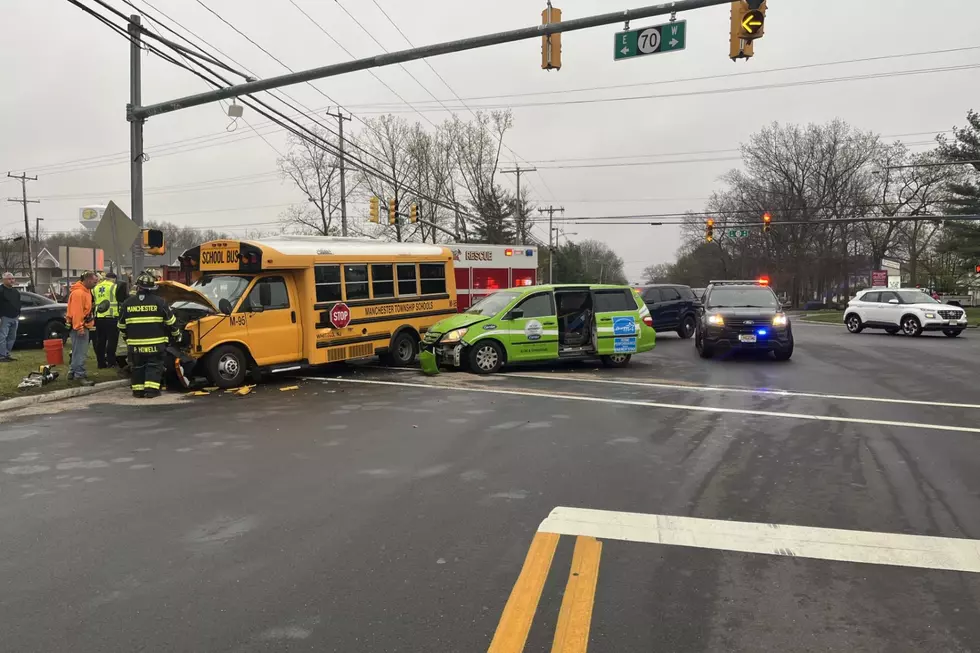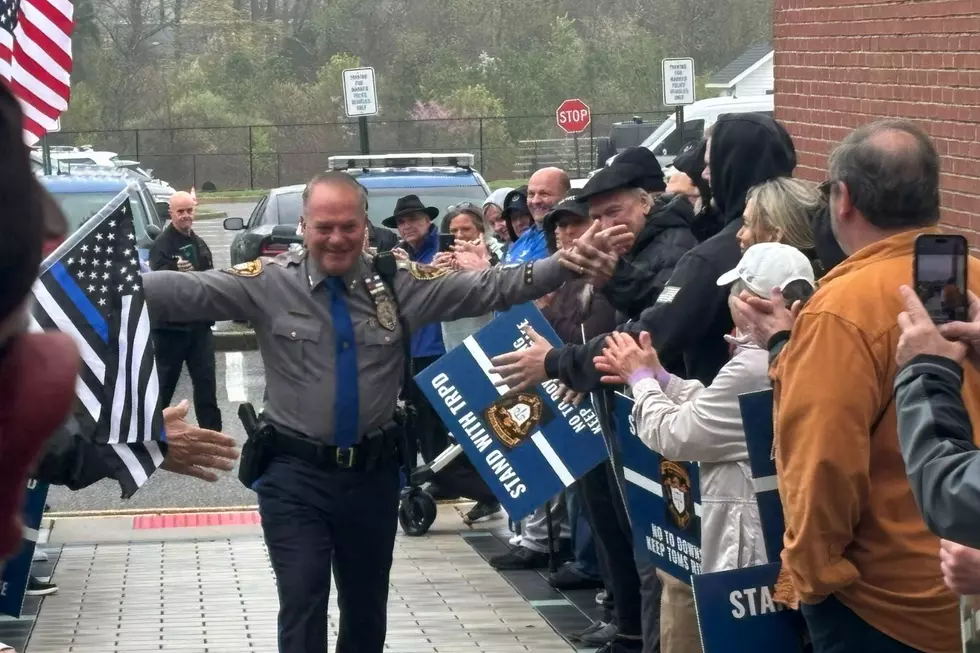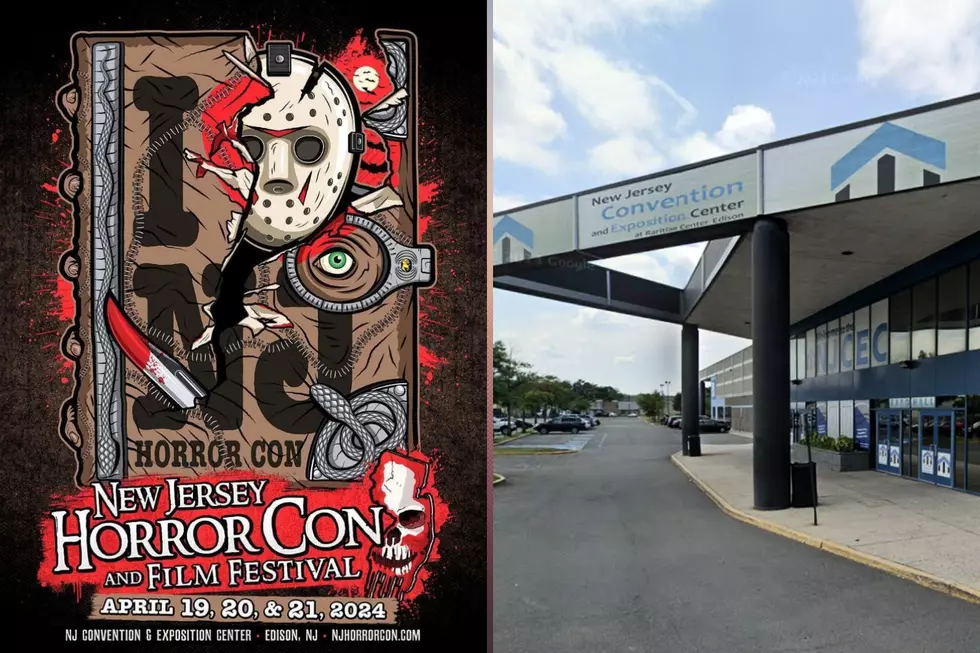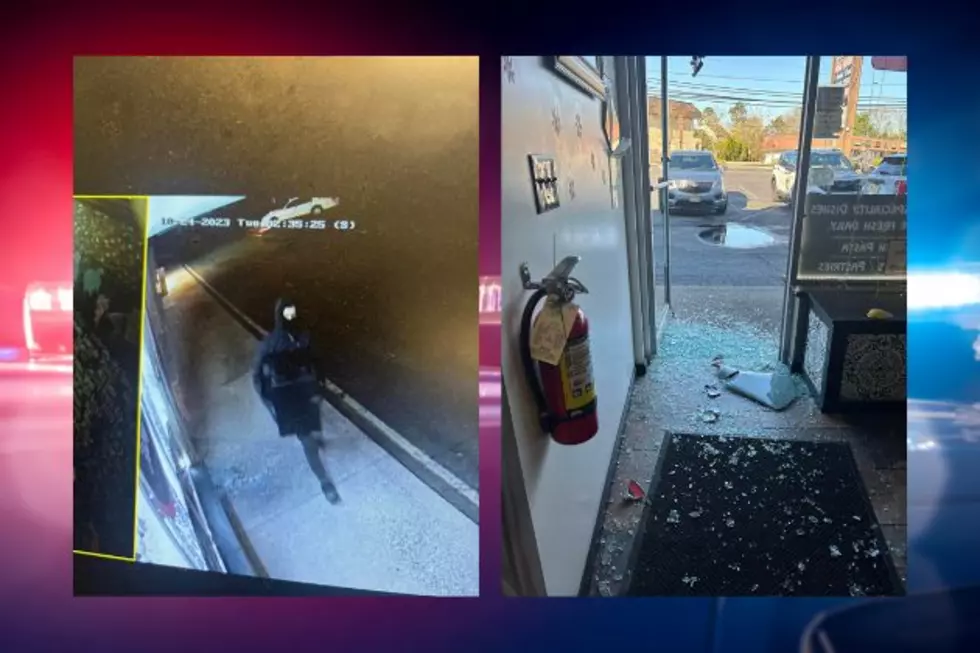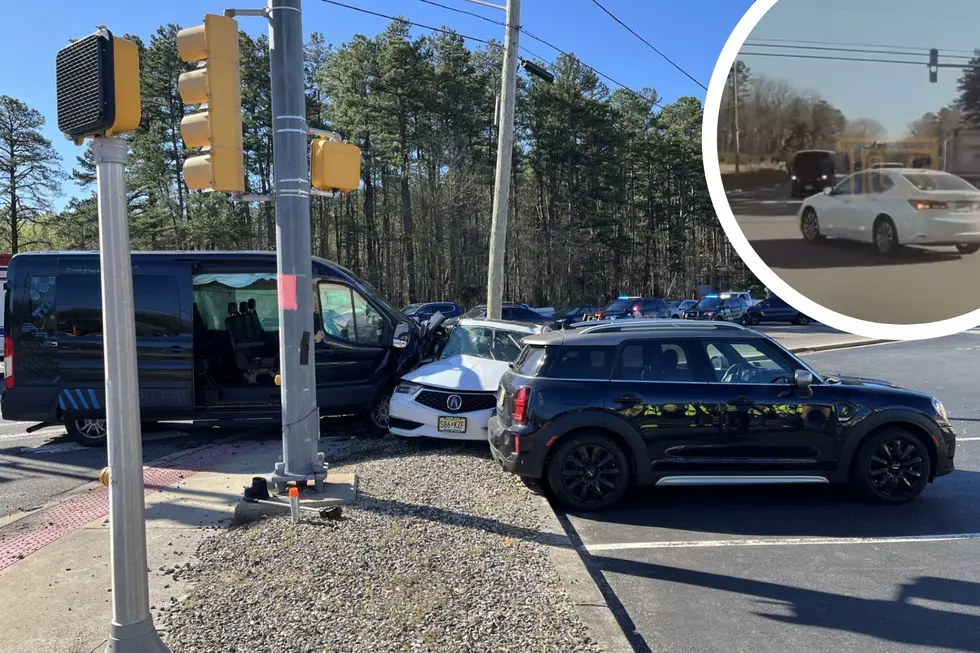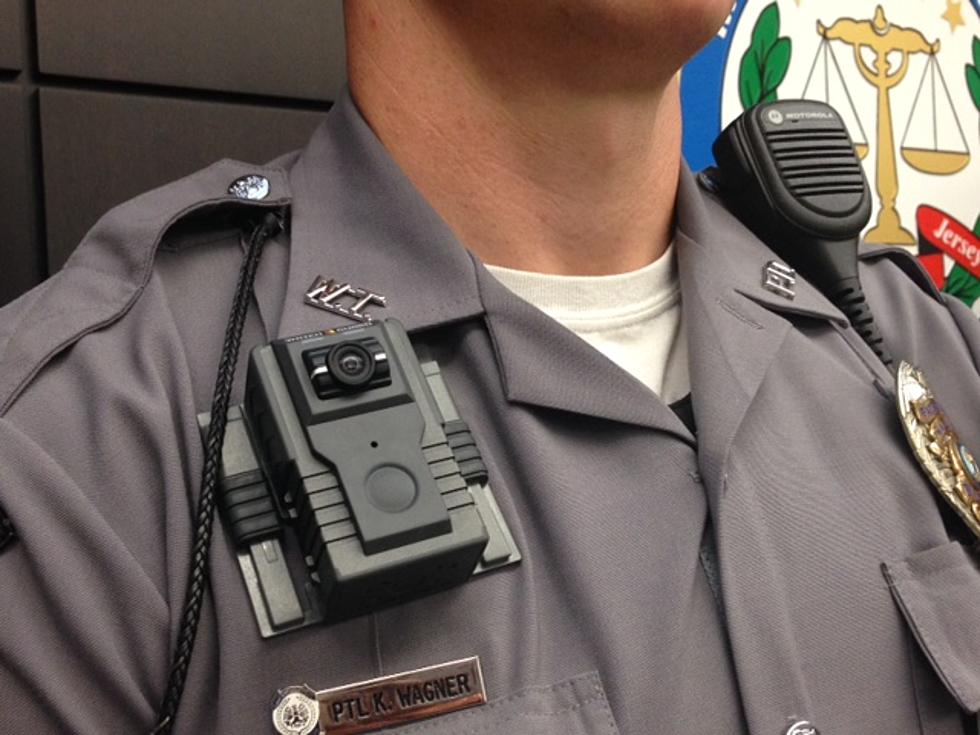
Most NJ police departments don’t have body cams, including in largest cities
Nearly half of all the non-federal law enforcement agencies in the Garden State now use body-worn cameras on their officers.
In a survey conducted by the Attorney General's Office, it was found that 239 out of 537 agencies — from college campus police to state troopers — equip some or all of their officers with cameras that capture footage of interactions with the public, as of Sept. 23 of this year.
The number does not include cameras that are still in the process of being acquired by agencies.
The numbers suggest that 55% of law enforcement agencies in New Jersey have no body-worn cameras. Camera rates range from as low as 8% in Warren County to as high as 89% in Salem County.
Among the Top 20 most populous municipalities in the state, there are no body-worn cameras for police in Paterson, Woodbridge, Lakewood, Toms River, Clifton, Middletown, Union City, and Old Bridge.
New Jersey 101.5 reached out to several departments that were recorded in the report as having zero body-worn cameras on hand, but did not hear back from most departments as of late Thursday. The Toms River Police Department said that while body-worn cameras are not used in the department, every patrol vehicle is equipped with 360-degree video capabilities.
"The biggest obstacle is definitely finances. Municipalities are strapped for cash, and it's expensive," said Christopher Wagner, director of public affairs for the New Jersey State Association of Chiefs of Police.
It's not the cost of the cameras themselves that's steep, but the back-end software that's used to store all of the data captured, Wagner said. In some cases, departments may have to hire an additional staff member to handle video requests and any necessary redactions.
"You're looking at, for an average-sized police department in New Jersey to get started, probably between $75,000 and $100,000 to outfit a portion of their agency with body-worn cameras," Wagner said.
Wagner said while every police chief and executive wants this type of technology on hand, it's not feasible everywhere at the moment.
"I think we'll be at 100% in a couple years when the finances become a little more available for it," he said.
"The need for accountability and transparency has never been greater, as we strive to build stronger trust between police officers and the communities they serve," said Attorney General Gurbir Grewal. "Body cameras not only enhance accountability in policing, they protect the vast majority of officers who do the right thing day-in and day-out, reducing unfounded complaints."
Serving as an objective witness to law enforcement actions, Grewal said, cameras can help bolster public confidence and can help de-escalate volatile situations.
Since bringing cameras on to the force in early 2017, complaints against officers have dropped dramatically for the Edison Police Department, according to Chief Thomas Bryan.
"Our officers do inform anyone they come in contact with that everything is captured on video and audio," Bryan said.
Brick Police Department is in possession of 88 cameras, according to the report. That's enough for every patrol officer, plus anyone from a different division who's pulled to work the road, Chief James Riccio said.
"In our policy, an officer's required to turn it on as soon as they're dispatched to a call for service," Riccio said. "As soon as they realize they're going to make the decision that they're going to pull someone over, they're going to activate their camera."
Any time a cop reports a use-of-force incident, Riccio added, the video can help corroborate what the officer has reported.
All of New Jersey's state troopers on road patrol are outfitted with body-worn cameras, the Attorney General's report noted.
Contact reporter Dino Flammia at dino.flammia@townsquaremedia.com
More from New Jersey 101.5:
Cat Left with Garbage in Ocean Township (Ocean)
More From New Jersey 101.5 FM

